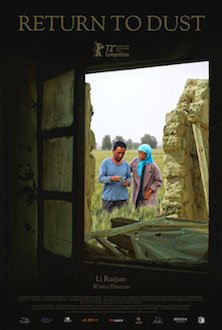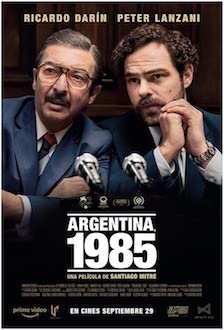Direction: Hong Sang-soo
Country: South Korea
Adopting the same naturalistic and conversational style he's been accustoming us, the prolific South Korean writer-director Hong Sang-soo delivers a mildly entertaining film orchestrated with discreet virtuosity. Centered on artists facing creative blocks and dealing with short period hiatus in their careers, The Novelist’s Film is steady in mood, uneven in the rhythm, and vulnerable as a story.
At the very center, we have a celebrated novelist, Kim Junhee (Lee Hye-yeong), who leaves Seoul to visit an old friend in the suburbs. In her way back, she crosses paths with a director (Kwon Hae-hyo) with whom she almost worked in the past, and a trendy actress (the director’s wife Kim Min-hee), whose work she admires. Both think she has a lot of charisma, but she decides to discard the former and make a short film with the latter.
It’s a movie in love with words and human connection, pulling subtle punches with a cerebral pragmatism and purity of tone. Sang-soo’s efforts result in a contemplative film that, stuttering at times, also plays too much with coincidences. Despite the visible exaggeration at this level, a worn-out drinking scene, and nothing newfangled to produce a spark, we let ourselves be carried away by the charm of the protagonists.
The passable The Novelist’s Film doesn't transcend the director’s intimidating filmography, whose previous entry, In Front of Your Face, is a stronger bet.








































